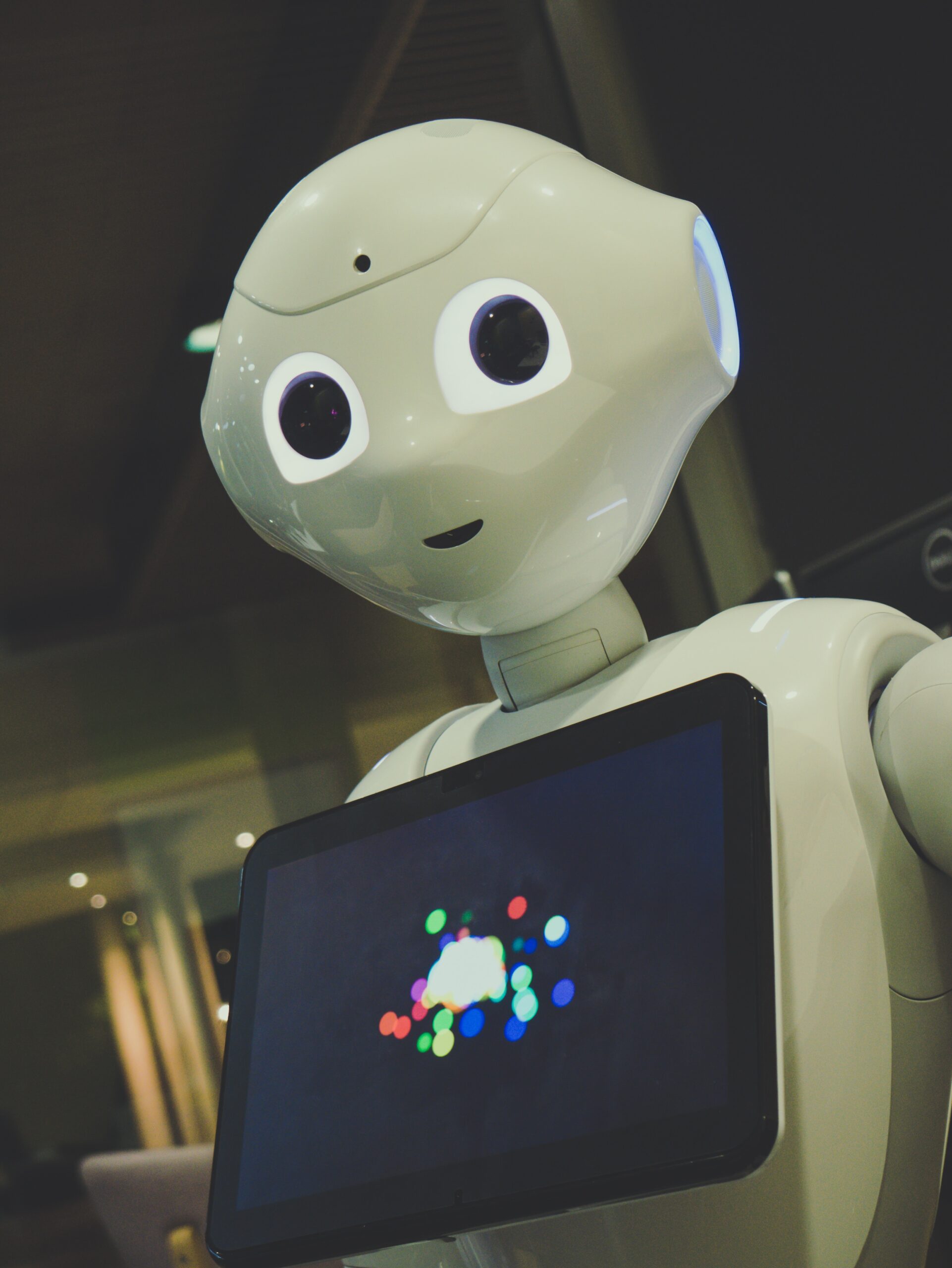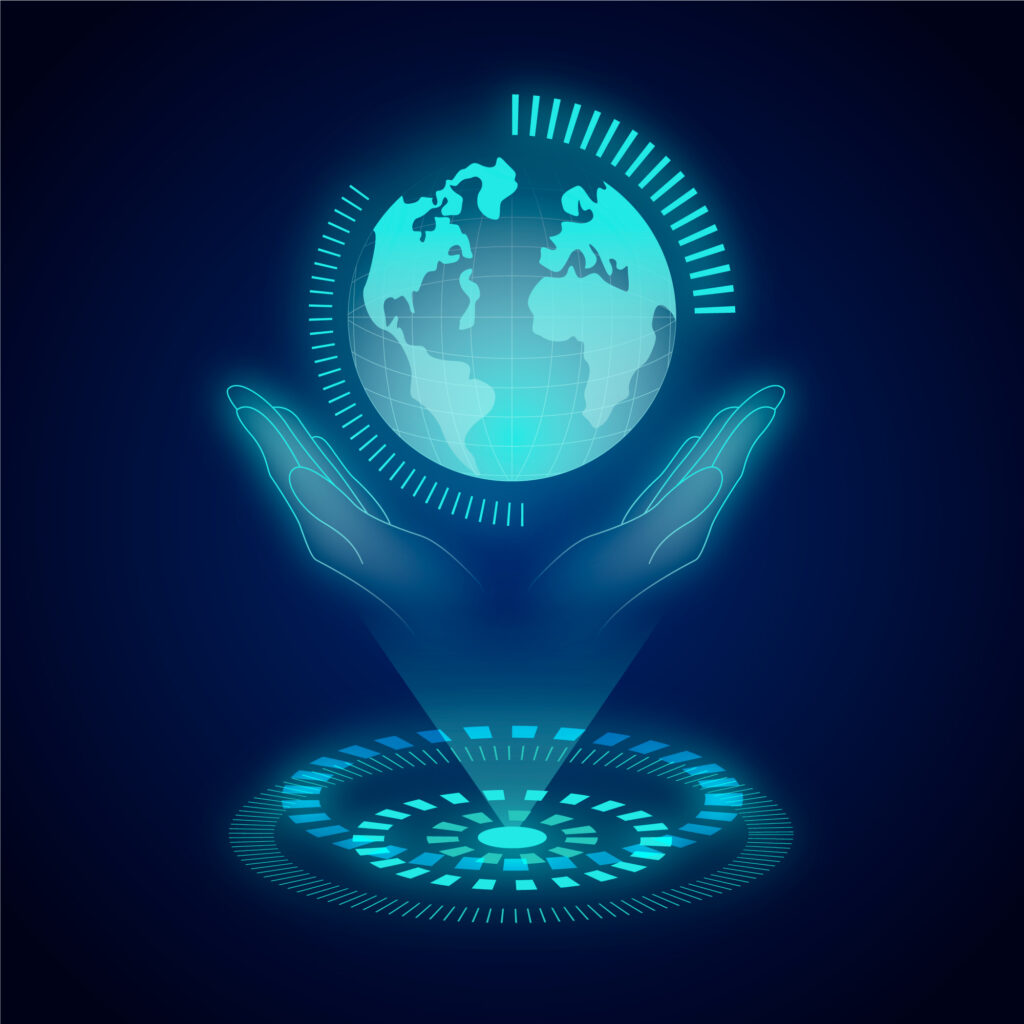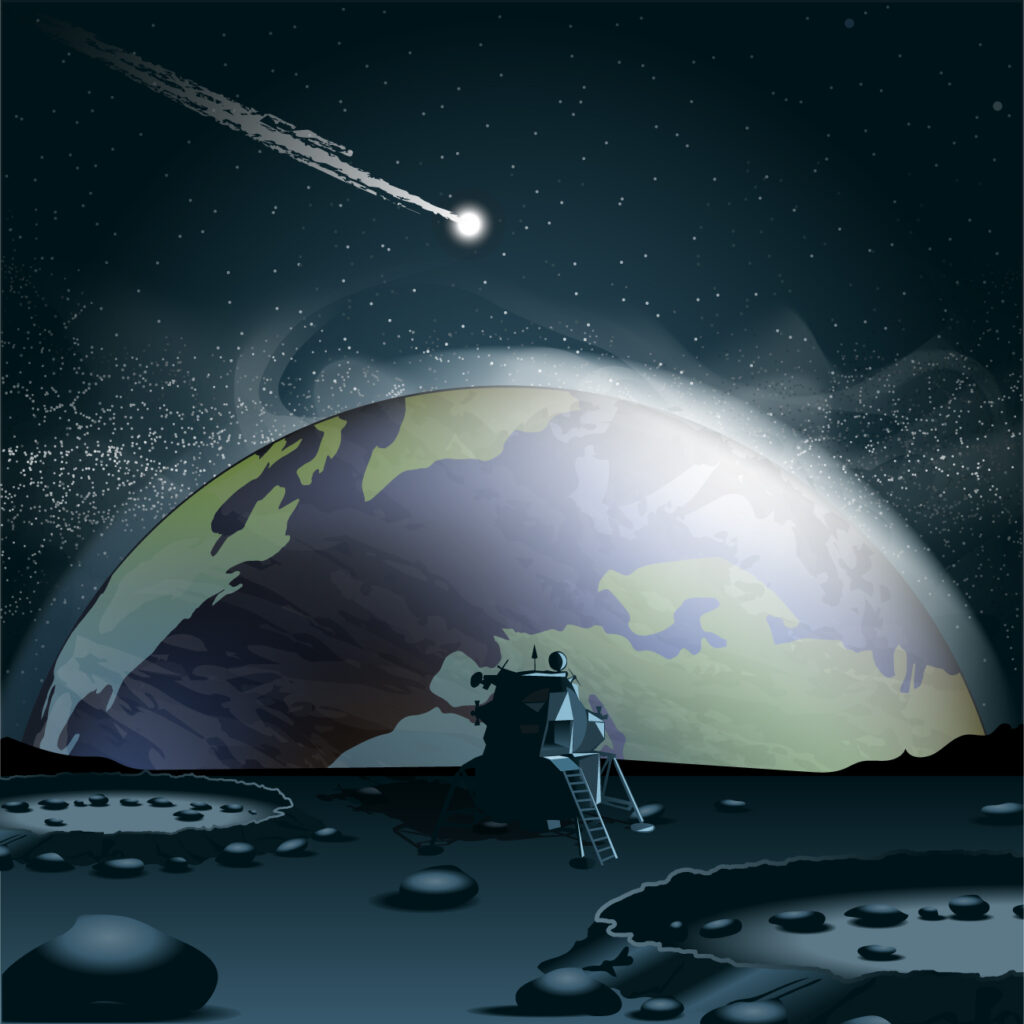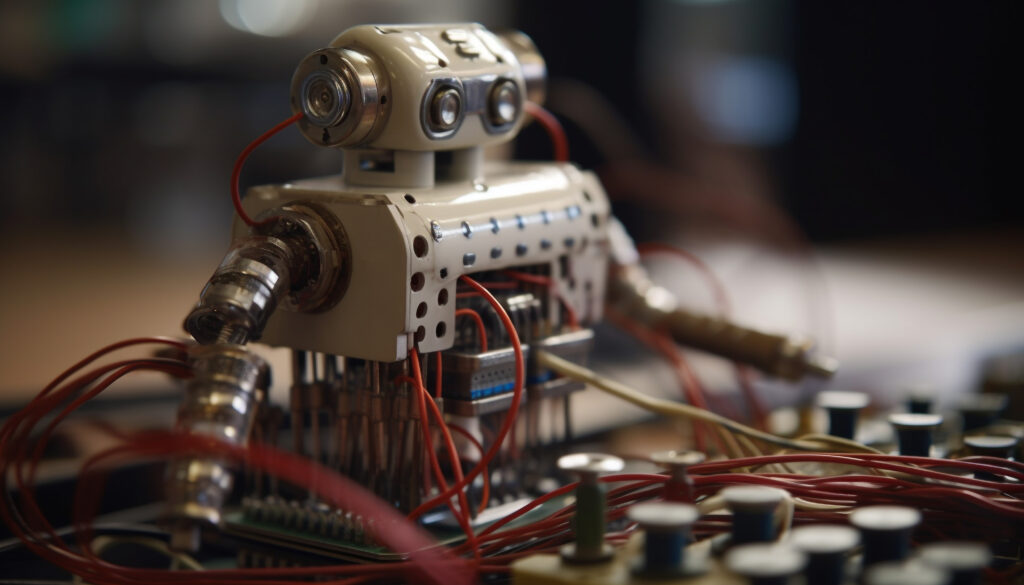The Origins of the Turing Test
Developed by British mathematician and computer scientist Alan Turing in the 1950s, the Turing Test is a widely recognized benchmark for determining whether a machine can exhibit intelligent behavior indistinguishable from that of a human. The test consists of a human judge engaging in natural language conversations with both a machine and another human, without knowing which is which. If the judge cannot reliably differentiate between the machine and the human, the machine is said to have passed the test, indicating a significant level of artificial intelligence.
The Turing Test is a groundbreaking concept that has sparked countless debates and discussions in the field of artificial intelligence. It challenges the very essence of what it means to be intelligent and whether machines can truly replicate human-like capabilities.
When Will the Turing Test Be Conducted?
The Turing Test is not a one-time event with a fixed date. Instead, it has become an ongoing pursuit to develop increasingly sophisticated AI systems capable of passing the test. Over the years, several competitions and events have been organized to assess the progress in AI and test it against human judges.
One such notable event is the Loebner Prize, an annual competition that awards a cash prize and a bronze medal to the AI program that comes closest to passing the Turing Test. The Loebner Prize has been held since 1991, with varying degrees of success. It serves as a platform for researchers and AI enthusiasts to showcase their advancements and push the boundaries of artificial intelligence.
Exploring the Implications of the Turing Test
The Turing Test holds immense significance in the field of AI and has far-reaching implications for various industries and sectors. If a machine can pass the test, it opens up possibilities for applications such as natural language processing, virtual assistants, customer service automation, and more.
However, the test also raises ethical and philosophical questions. What does it mean to be human? Can a machine truly possess consciousness and emotions? These are complex issues that the Turing Test forces us to confront.
While we may not have definitive answers yet, the ongoing pursuit of passing the Turing Test fuels innovation and drives us towards developing more intelligent AI systems. It inspires us to imagine a future where machines and humans can coexist harmoniously, leveraging the benefits of artificial intelligence while preserving the qualities that make us uniquely human.



